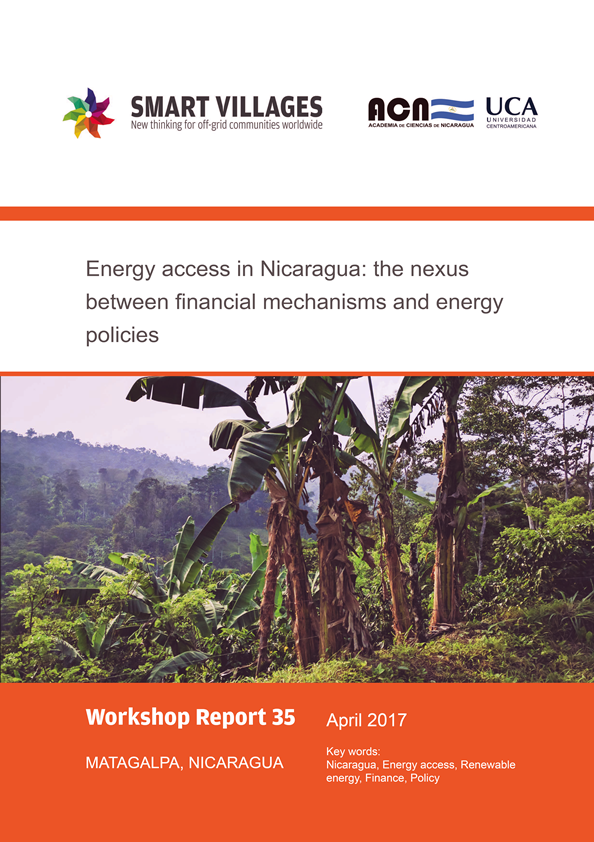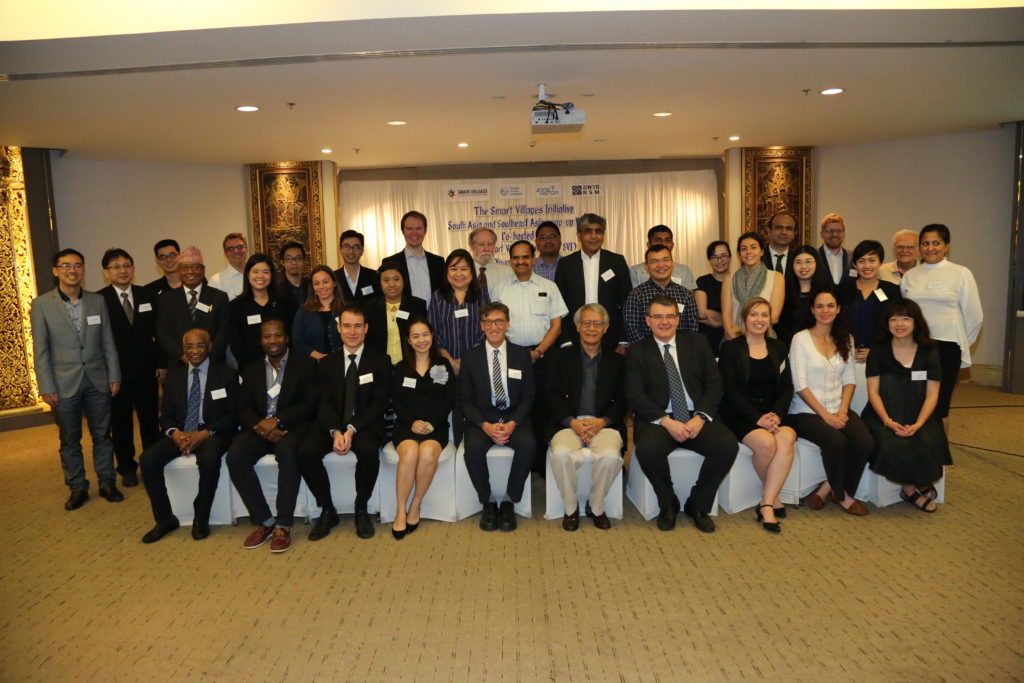TR15: Can Smart Villages help to stem biodiversity loss?
Biodiversity is important at various levels, including the economic, social and environmental. It is critically important for rural communities through the provision of ecosystem services, including energy access, a link that is often overlooked. The concept of ‘Smart Villages’ is that modern energy access in the form of sustainable renewable energy can contribute as a catalyst for development—education, health, food security, environment, productive …
TR15: Can Smart Villages help to stem biodiversity loss? Read More »




















